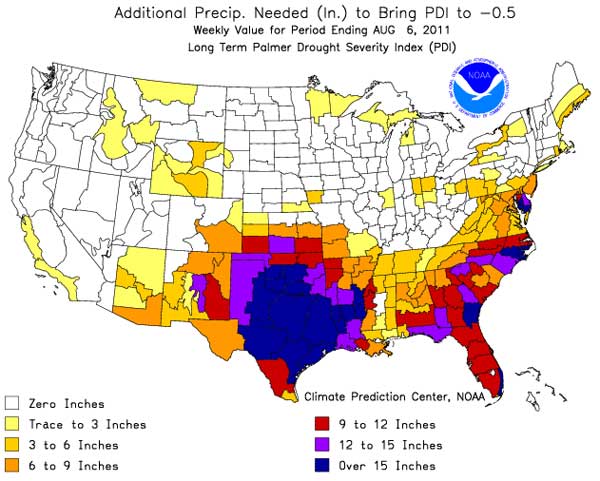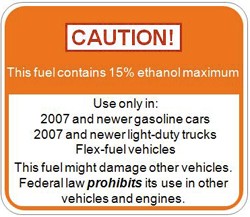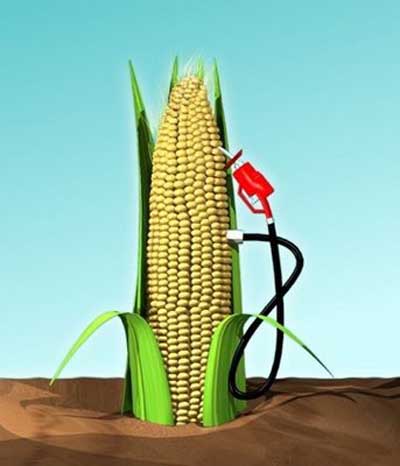The States Attorney general is leaping into the environmental fray once again with a filing with the federal appeals court to review the new EPA regulations while the Texas house state affairs hold hearings today, but Governors Perry’s attorney and chief is taking it one step farther filing against four different rules according to the AGs web site:
“Specifically, Texas petitioned the U.S. Court of Appeals for the D.C. Circuit to stay the EPA’s greenhouse gas Endangerment Finding, the Light-Duty Vehicle Rule, the Prevention of Significant Deterioration (PSD) Interpretive Rule, and the Tailoring Rule.”
After a record-breaking heat wave it seems that its turning out to be better to litigate than try to find a solution (problem what problem), with all the state agencies now following lock step on message. It was back in Pres Bush’s administration that some of the rules were proposed and many of Texas’s and the rest of the countries industries have been gearing up and cleaning up to meet the new rules. After the White House caved on the ozone rules one can guess that they are expecting to get away with anything they want.
Reported shortages of different inhalers for the treatment of breathing difficulties by pharmacies,along with studies showing that Texas can meet the new cross state pollution rule and clean up the air don’t seem to carry any weight with this administration. Recent press releases on the loss of 500 jobs by Luminant (take a look at their stock market filings if you think this is just about federal intervention) and our previous post ,after the state just got done axing over 6000 jobs with its heavy-handed budget process, are making headlines. “Jobs for coal, but not for kids” might be a more appropriate tag-line.
Its time to turn on the scrubbers, have the PUC come out with a strong energy efficiency rule to cut the load (a proven and cost-effective method) get a move on with the 500Mw non-wind renewable rule that keeps getting tabled (and not paying companies to try to un-mothball old generation units). Just maybe we can get a little more fresh air and some non polluting peaking energy when we need it.
Leadership not lawyership is more of what we need.
###
By promoting cleaner energy, cleaner government, and cleaner air for all Texans, we hope to provide for a healthy place to live and prosper. We are Public Citizen Texas.













